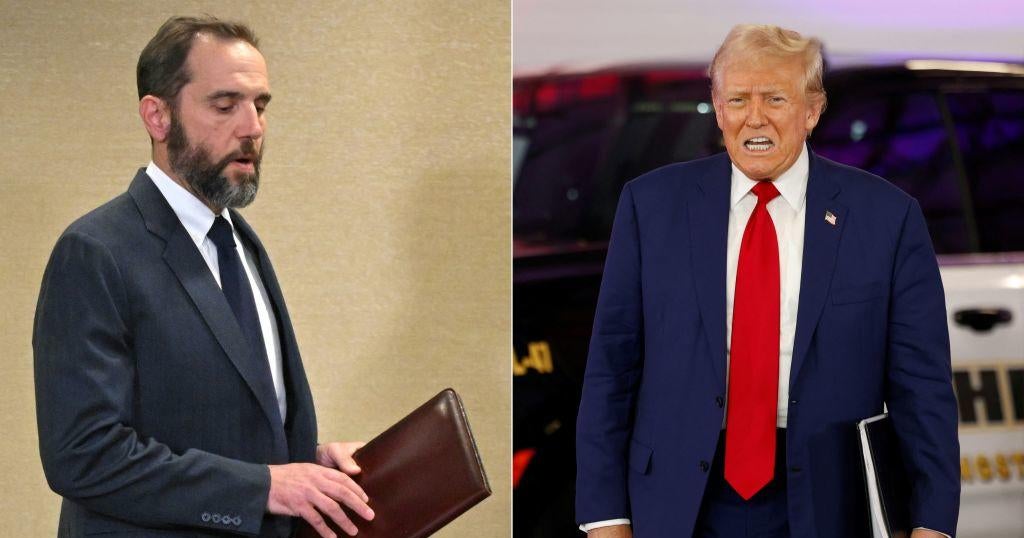House sues William Barr and Wilbur Ross over census documents
A day after winning a court decision against the Trump administration, the House Oversight Committee filed a lawsuit against Attorney General William Barr and Commerce Secretary Wilbur Ross for refusing a subpoena for documents related to the 2020 Census.
On Monday, a federal judge sided with Congress and ruled that former White House counsel Don McGahn must comply with a subpoena to testify before lawmakers about the Mueller investigation into Russian election meddling.
"Executive branch officials are not absolutely immune from compulsory congressional process — no matter how many times the Executive branch has asserted as much over the years — even if the President expressly directs such officials' non-compliance," wrote U.S. District Judge Ketanji Brown Jackson in her opinion.
Echoing language used by Jackson, Congresswoman Carolyn Maloney, the chairwoman of the House Oversight Committee, said in a statement Tuesday that "President Trump and his aides are not above the law." She continued, "I am filing this enforcement action today because the Trump administration's brazen obstruction of Congress must not stand."
This represents Maloney's first official act as chairwoman since she was selected to replace the late chairman, Elijah Cummings, who died last month.
McGahn's case is being appealed by the Justice Department and doesn't directly impact the census case. But it has given the House Oversight Committee confidence that it could win this fight in court.
The committee opened an investigation earlier this year into the Trump administration's proposal to add a citizenship question to the 2020 Census, a move that experts and advocates say would keep many immigrants from participating and could result in immigrant-heavy regions losing federal funding and political representation.
Ross claimed the citizenship question was meant to help the Justice Department enforce the Voting Rights Act. But it was later revealed that the late GOP political consultant Thomas Hofeller pushed the Trump transition team to add the question after he concluded that it would benefit Republicans and white people during the redistricting process, which happens after every census.
The Supreme Court blocked the citizenship question in June, and in July, the House voted to hold Barr and Ross in criminal contempt for refusing to comply with the House Oversight Committee's subpoenas for documents related to the matter.
Maloney's lawsuit seeks "critical evidence" from Barr and Ross about the process of adding the citizenship question to the 2020 Census.
Despite the court ruling and the contempt vote, Maloney said Barr and Ross have "doubled down on their open defiance of the rule of law and refused to produce even a single additional document in response to our Committee's bipartisan subpoenas."
A spokesperson for the Commerce Department, however, said the lawsuit "lacks merit" because the agency "submitted hundreds of pages of additional documents since the Supreme Court's decision."
But it wasn't the documents the House had requested.
Justice Department spokeswoman Kerri Kupec called the lawsuit "a political stunt" and noted that "many documents at issue were held privileged by a federal court."
Both Barr and Ross have claimed executive privilege. In McGahn's case, the judge ruled that although he must comply with the subpoena to appear before Congress, he could "invoke executive privilege where appropriate" during his testimony.
Clare Hymes contributed reporting.




